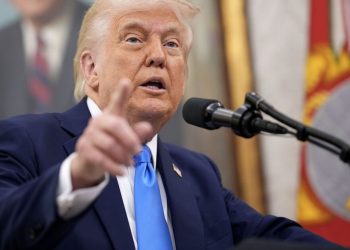On Saturday 30 July 1966 the then prime minister, Harold Wilson, took his seat in the royal box at Wembley to watch England play West Germany.
If ever there were a moment for sporting triumph to prompt an economic feelgood factor it was when Geoff Hurst raced through in the final seconds to seal England’s 4-2 victory.
It never happened. The behaviour of consumers over the next few months was determined not by success at Wembley but by the austerity plan Wilson had announced 10 days earlier.
For football fans, July 1966 is forever associated with the World Cup; for political junkies it was the month of the July measures: spending cuts and tax increases designed to ease pressure on sterling. The next 15 months saw a grim and ultimately doomed battle to prevent the pound’s devaluation.
Roll the clock forward 46 years to 4 August 2012, to the London Olympics. Within the space of 44 minutes, Britain won three gold medals courtesy of Mo Farah in the 10,000 metres, Jessica Ennis-Hill in the heptathlon and Greg Rutherford in the long jump.
Yet if the nation saw Super Saturday as an excuse…









































